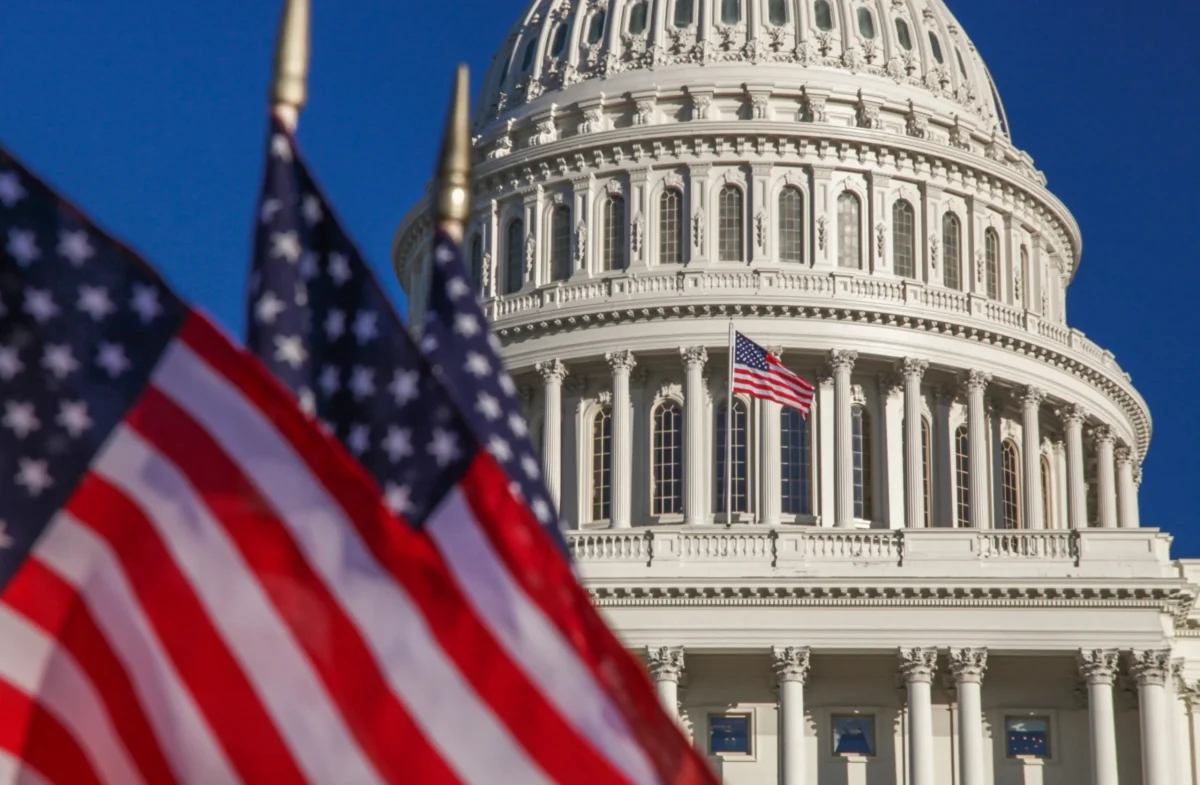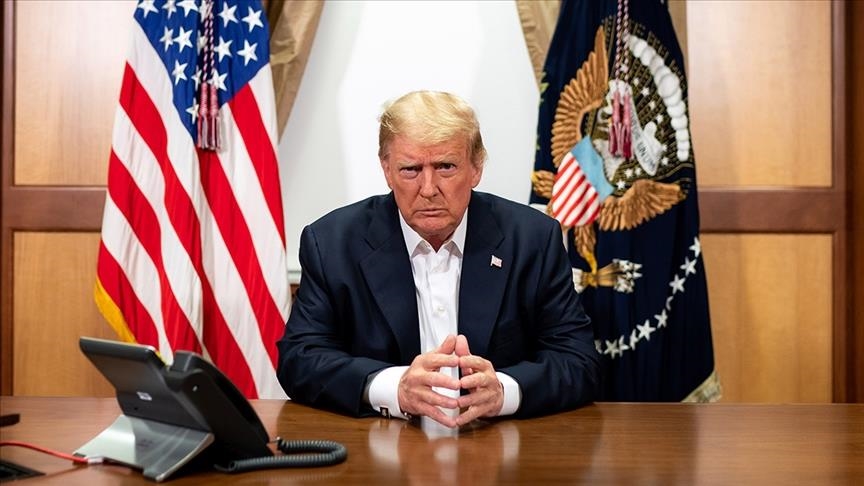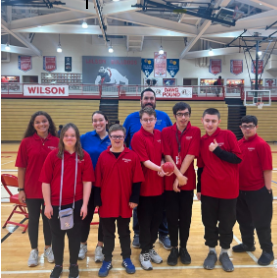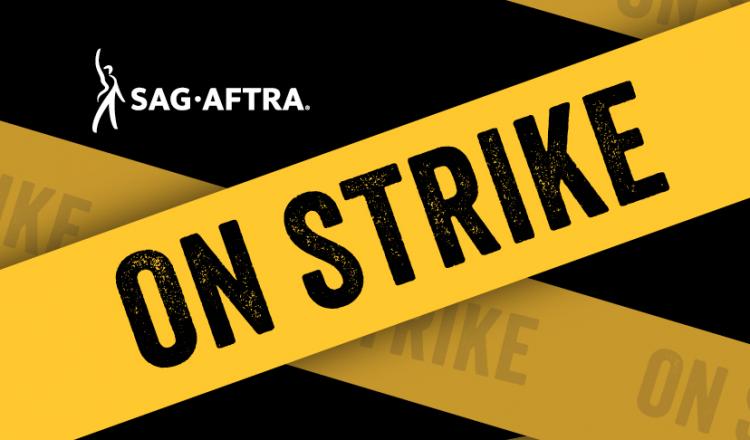Wednesday, Sep. 27, 2023, marked a crucial day for over 11,500 screenwriters across the country. After 148 days of union activity, the strikes held by the Writers Guild of America (WGA) officially came to an end, solidifying it as the second-longest strike in Hollywood history.
They had won.
While the exact details of the settlement reached between the union and the Alliance of Motion Picture and Television Producers (AMPTP) have yet to be released to the public, what we know for certain is these new provisions include a minimum wage and compensation increase, raises to pension and health fund rates, improvements to length of employment terms and size of writing teams and better residuals even in cases of foreign streaming.
Perhaps the most important outcome of these talks, however, is the terms concluded about the usage of artificial intelligence. These new terms state that, while generative AI cannot be prohibited from general use, it is prohibited from being used in any manner that could reduce or eliminate the necessity of a writer and their pay.
Many of these settlements spelled out an ending far more positive than many people anticipated and people are celebrating the win for the country’s writers. Now that the WGA strikes have officially ended, writers are currently able to return to their jobs and are enthusiastic about returning to their creative professions. Several have shared updates on their progress, such as author Neil Gaiman, who recently announced that he was in the process of writing the much anticipated third and final season of Good Omens.
This story has far from reached its happy ending, though, and production for shows and movies all across the country is far from returning to normal. The Screen Actors Guild-American Federation of Television and Radio Artists (better known as SAG-AFTRA) is still heavily wrapped up in their strikes, concerning tens of thousands of Hollywood actors, until they can come to a similar settlement for their rights.
With the writers’ strike now concluded, the actors are back in the spotlight, and so are the many questions surrounding the cause. What exactly has been going on in the strikes up until this point? What can we expect for the future? And what can we do to help?
The Rundown
The 2023 SAG-AFTRA strike officially began on Jul. 14, 2023, when the American actors’ union went on strike with the AMPTP over an ongoing labor dispute, coinciding with the WGA strikes that began in May and marking the first time this has occurred since the 1960s. Beyond just standing in solidarity with their writing brethren, the strike was heralded by drastic changes to the industry caused by streaming. SAG-AFTRA cited several issues in the negotiations with AMPTP, including “economic fairness, residuals, regulating the use of artificial intelligence and alleviating the burdens of the industry-wide shift to self-taping.” The organization also told its members that AMPTP would easily and unforgivably cut actors’ salaries to “pad corporate profits.”
What has since come out in terms of developments has seen an epic of highs and lows in people’s hopes for a solid outcome. After months of on-again/off-again talks between the two organizations, on Sep. 27, a joint announcement was made between SAG-AFTRA and AMPTP that negotiations for a new contract would resume on Oct. 2., marking it as the first real meeting between the two unions since the strike began. With optimistic outlooks, the meeting concluded with the announcement that talks would continue on the 4th, followed by deliberations.
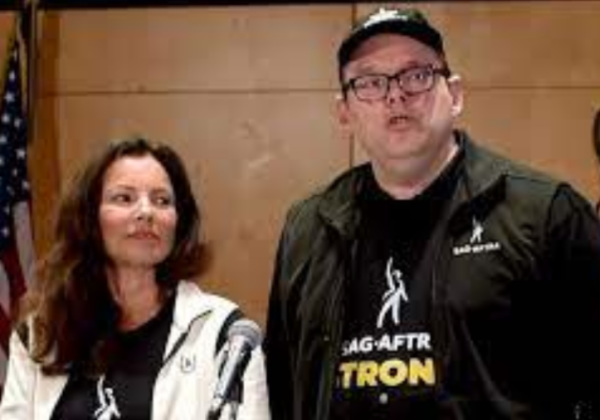 At this point, negotiations were thought to be going well and it was widely expected that this would provide a conclusion to the turmoil. SAG-AFTRA posted a message to their Twitter from Crabtree-Ireland, the TV/theatrical negotiating committee, with a positive and uplifting message. “We’re going to bring this home,” Crabtree-Ireland says. “We are SAG-AFTRA Strong!”
At this point, negotiations were thought to be going well and it was widely expected that this would provide a conclusion to the turmoil. SAG-AFTRA posted a message to their Twitter from Crabtree-Ireland, the TV/theatrical negotiating committee, with a positive and uplifting message. “We’re going to bring this home,” Crabtree-Ireland says. “We are SAG-AFTRA Strong!”
So it came as a surprise to everyone when on Oct. 11 it was announced that negotiations had broken down completely, the gap between the two sides being too great to make continuing these conversations worth it.
There remains a dispute between the two sides as to the reasoning behind this communication breakdown. SAG-AFTRA accused AMPTP of being unable to properly negotiate and using “bullying tactics” to forcefully persuade them away from their requests.
Meanwhile, Ted Sarandos of Netflix actively pushed back against these claims, stating that the reason was that “SAG-AFTRA “introduced a levy of subscribers on top of [other] areas” which he said was “a bridge too far.”
Whatever the reasoning may be, only one thing remains certain at this point: there is no clear way of knowing when, or if, these negotiations will resume, let alone when the strikes will end.
What Do We Do Now?
With the writers back in the rooms, Late Night Talk shows and skit performances such as Saturday Night Live have been and will be returning to production, but a lack of actors means that all scripted shows and movies remain on pause indefinitely.
While this fact on its own is enough to raise some anger among fans and consumers, it is important to pause and consider the much larger and more complex issues surrounding this topic. There are things in this world more important than watching your favorite series every week. The basic rights of workers should be considered one of them.
The writers may have reached a satisfying conclusion, but the curtain has yet to go down on go down on this drama. And it cannot be resolved without those on the outside taking the time to bolster the voices of those fighting for better pay and working conditions on the inside.
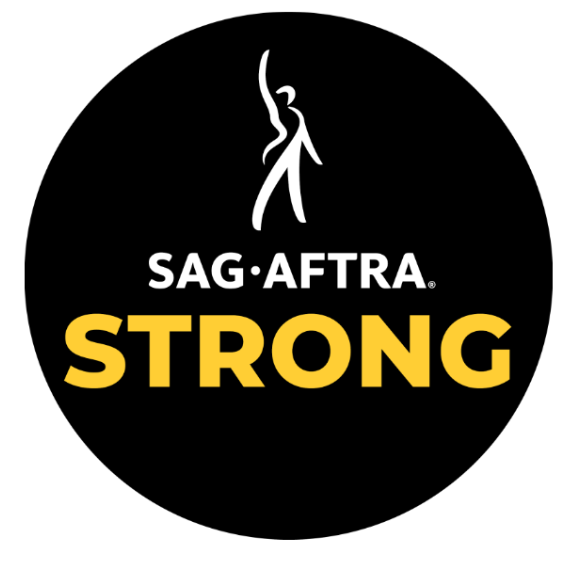
If you do not belong to SAG-AFTRA, there are still many ways for you to show your support for the union and its cause. Non-union members are encouraged to show their support at picket lines and rallies (information for wh
ich can be easily found online); donations to the Entertainment Community Fund
are always welcome; even something as seemingly simple as voice support over social media can draw attention and support from others.
If a satisfying conclusion is to come about anytime soon, we cannot act like we care. We can only act on the messages and rights we believe in and, hopefully, in the end, help SAG-AFTRA achieve what they deserve.





